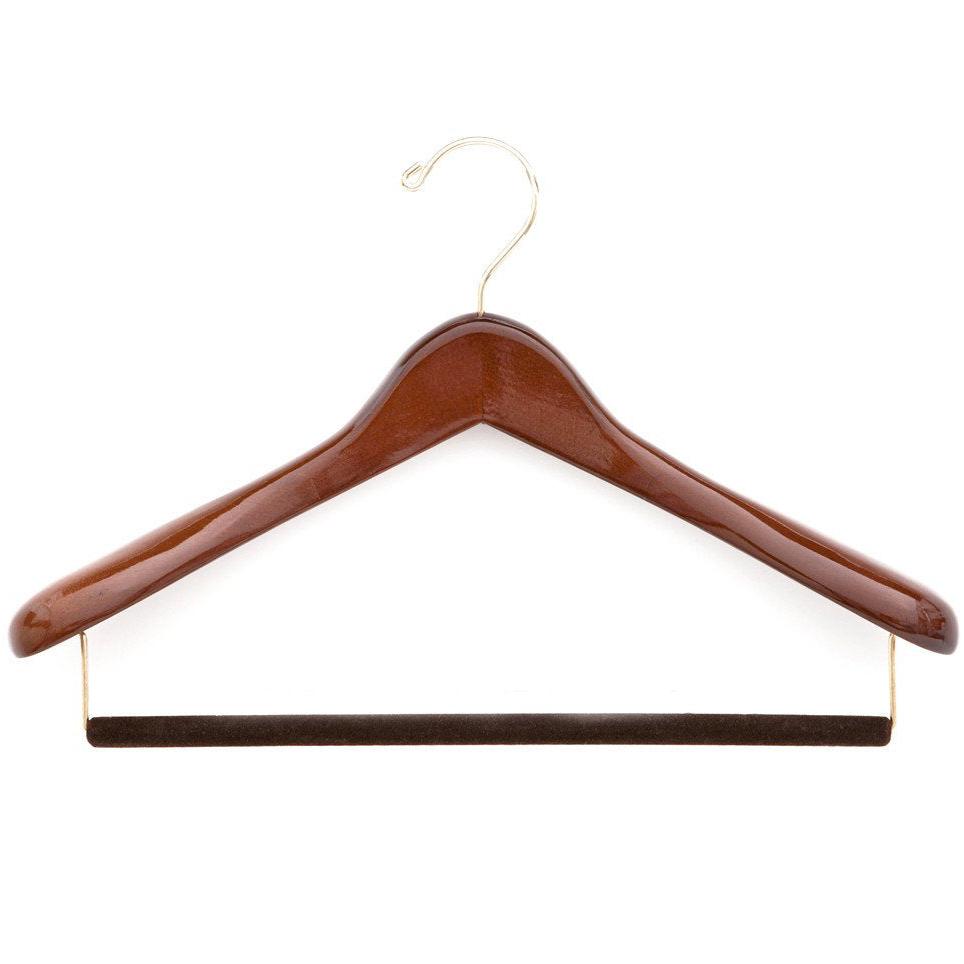- Joined
- Apr 10, 2011
- Messages
- 27,320
- Reaction score
- 69,987
You mean Murray would have catered to a bunch of SF dudes who don't pay retail or shop at big luxury boutiques?
had Murray still been running the place, I'll bet he would have seen the changes in menswear coming and adapted better
a) eg. seen the move toward softer, Neapolitan silhouettes and the serendipitous shift toward more casual dress at work and signed Boglioli, LBM, Lardini, etc to exclusive deals to win over the younger buyers who couldn't afford Kiton and Belvest and Zegna. He would have insisted on exclusive fabrics for them he chose to keep the margins and competitors from copying his inventory
b) Murray would have probably fought the trend toward the paper thin Italian wools (Super 150's and above) and had anything made for Louis remain substantial to stand the test of time
c) Murray would have not let the Debi add all the ultra modern mens brands from Japan and elsewhere that she did and kept it classic and timeless, not trendy
d) Murray would have seen how Ralph Lauren styled Double RL stores and gone that direction (vintage, heritage) instead of the stark, bare, ultra-modern way Debi took it.
Imagine the old Louis in their old Newbury St building styled like RRL but with old Boston and Neapolitan themes and 30's Hollywood. Sigh!
e) Murray would have never let the Technicolor Dreamcoat colors Debi let in to come to Louis,,,,he would have stayed traditional earth colors and kept innovating on fabrics instead and signing more exclusive deals even at the cloth factory level like Kiton did
What could have been...
You mean Murray would have catered to a bunch of SF dudes who don't pay retail or shop at big luxury boutiques?
Last edited:


